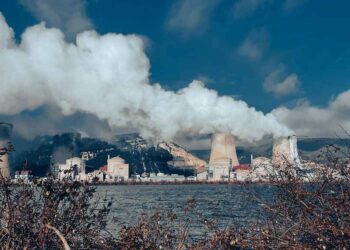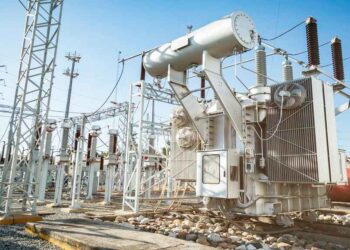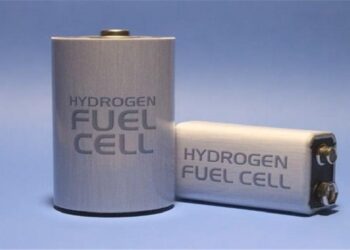The Belgian Federal Agency for Nuclear Control has called for thorough inspections of nuclear plants worldwide following detection of multiple cracks in critical components of two reactors in Belgium.
Belgian Federal Agency for Nuclear Control director-general Jans Bens has urged for careful inspection of all the 430 nuclear facilities globally.
Steel nuclear reactor pressure vessels in Doel 3 and Tihange 2 plants were found to be affected in 2012, which had been dismissed as manufacturing defects by the operator of the reactors, Electrabel.
Further tests in 2014 at the facilities indicated advanced embrittlement of the sample steel vessels.
Operations at both the facilities stopped in March 2014.
Unexpected cracking in the vessels can be caused due to corrosion from normal operation.
The presence of highly radioactive nuclear fuel cores in the vessels raises the risk of accidents during malfunction, and it is assumed that this could be an issue with all nuclear power generation facilities worldwide.
Greenpeace Belgium energy campaigner Eloi Glorieux said: “What we are seeing in Belgium is potentially devastating for nuclear reactors globally due to the increased risk of a catastrophic failure.
“Nuclear regulators worldwide must require reactor inspections as soon as possible, and no later than the next scheduled maintenance shutdown. If damage is discovered, the reactors must remain shut down until and unless safety and pressure vessel integrity can be guaranteed. The nuclear industry, already in crisis, is faced with an ageing nuclear reactor fleet at increasing risk of severe disaster.”
The 435 commercial nuclear reactors operational across the world had an average age of around 29 years old.
Out of the operational nuclear reactors, nearly 170 reactors have been functioning for 30 years or more, and 39 reactors are aged above 40 years.





































